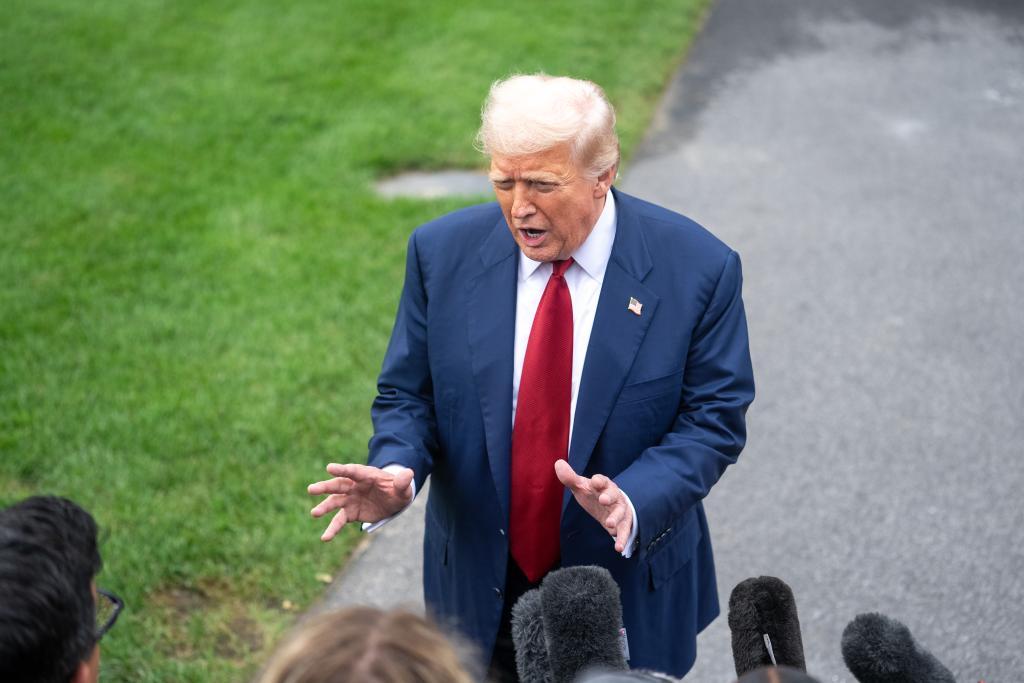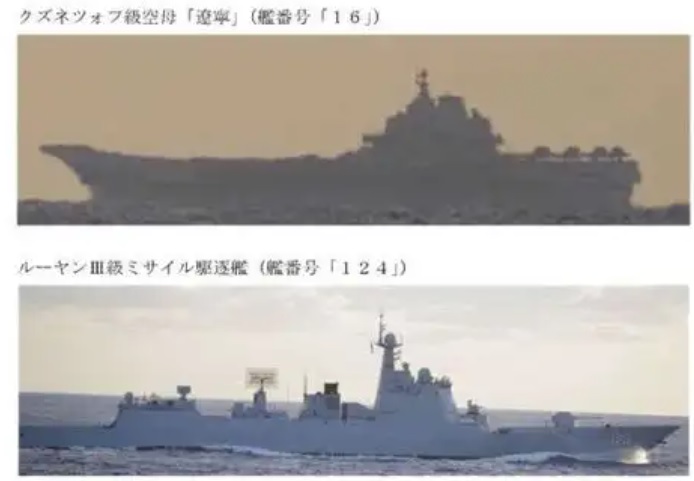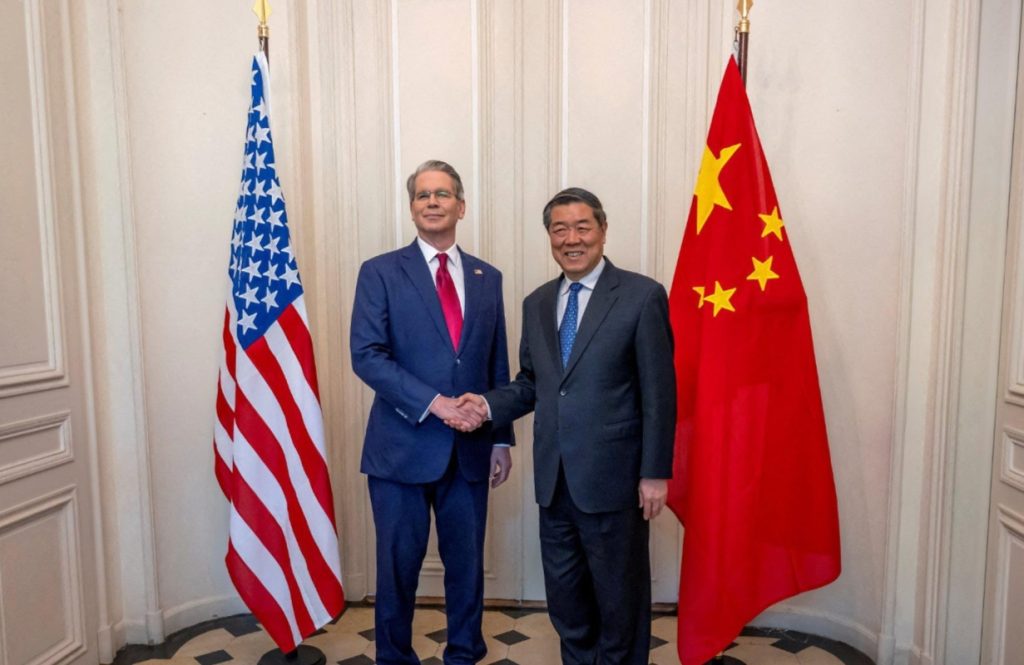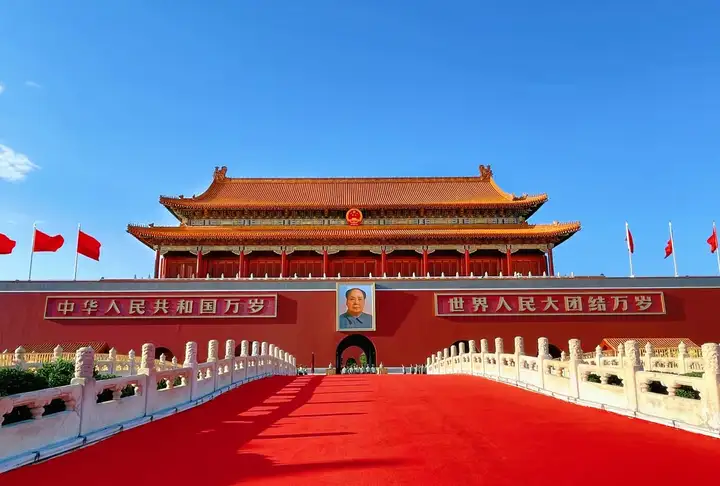Over 300 Koreans Arrested in the U.S.—Both Countries Tell Different Stories. What Exactly Happened? How Will This Affect U.S.-South Korea Relations?
U.S. law enforcement recently raided an under-construction factory of South Korea’s Hyundai Motor Company in the United States and arrested hundreds of Korean citizens. U.S. President Trump expressed support for the action on the 5th, while South Korea’s Ministry of Foreign Affairs held an emergency meeting on the 6th to discuss countermeasures.
Opinion:
This reminds me of He Renlong from the late Ming Dynasty, who was most skilled at using the heads of his fellow villagers to claim military merits. This time, ICE (U.S. Immigration and Customs Enforcement) seems to have been possessed by He Renlong, using the heads of Hyundai Group to meet their quota.
Since Trump took office, he has issued orders to ICE to deport illegal immigrants, setting a daily target of 3,000 deportations. However, this goal was set too high, forcing ICE to go after easy targets to meet the quota. For example, they arbitrarily arrest innocent people at low-value locations like Home Depot and hotels, even involving some U.S. citizens. Now, ICE is under significant pressure, not only from external criticism but also from internal and other law enforcement agencies.
ICE has quietly lowered its targets. According to media statistics, ICE now arrests about 650 people per day, but wrongful arrests are inevitable.
Trump has used tariffs as a threat to pressure multiple countries into investing and building factories in the U.S. Hyundai Group’s investment is not the largest among Trump’s coerced projects, but it is particularly critical for the U.S. Hyundai’s factory in the U.S. will produce batteries, helping the U.S. strengthen a key weakness in the electric vehicle sector. Throughout the project, Hyundai Group will build from the ground up, enabling the U.S. to form a more complete closed loop in the electric vehicle industry.
Construction alone is not enough—suitable workers are also needed. But where can the U.S. find so many suitable workers now? So, the Koreans came up with the idea of having workers enter the U.S. on tourist visas to complete some of the work. Like the Japanese, Koreans are within the U.S. visa waiver program, allowing them to stay for 90 days. For long-term stays, they need to apply for a ten-year tourist visa, but each stay cannot exceed six months.
Now, two bugs have emerged:
- The U.S. lacks suitable workers for these positions.
- ICE is struggling to meet its quotas.
In the History of Ming·Biography 195·He Renlong, it is clearly mentioned: “He Renlong often killed innocent people and claimed credit for it.”
ICE is constantly worrying about how to meet its quotas—well, here’s the solution! “Fellow countryman, lend me your head.”
In the movie 大明劫 (The Great Ming Dynasty Disaster), He Renlong stays overnight in a village, kills all the men, leaves the elderly and women to cook for him, and even rapes women for entertainment. When it’s time to leave, he kills them all, falsely claiming that he encountered peasant rebels and eliminated them in retaliation.
What’s the take? Just as Sun Chuanting said: “Well done.”
ICE meets its target, and the U.S. successfully keeps Korean companies invested domestically—a true win-win. The U.S. wins twice.
In the past, North Korea’s treatment of foreign investment was quite abstract, luring external investors and partners in only to shut the door and kick them out. Now, the U.S. is learning quite well. It is said that even Korean management personnel were detained this time—truly going all out for KPI.
So, now the U.S. more closely resembles North Korea during the second Kim era.
As for South Korea’s submissive attitude—what can you expect from a vassal state? Interestingly, Hyundai Group itself did not step in to mediate. Instead, its partner LG Group sent a senior HR executive to the U.S. Upon arrival at the airport, the executive told Yonhap News that they would strive for the early release of the arrested employees.
According to Yonhap News, South Korea’s foreign minister is preparing to make an emergency trip to the U.S. to address this incident. It appears South Korea is taking this very seriously, having established a special task force led by the Ministry of Foreign Affairs to handle the matter.




